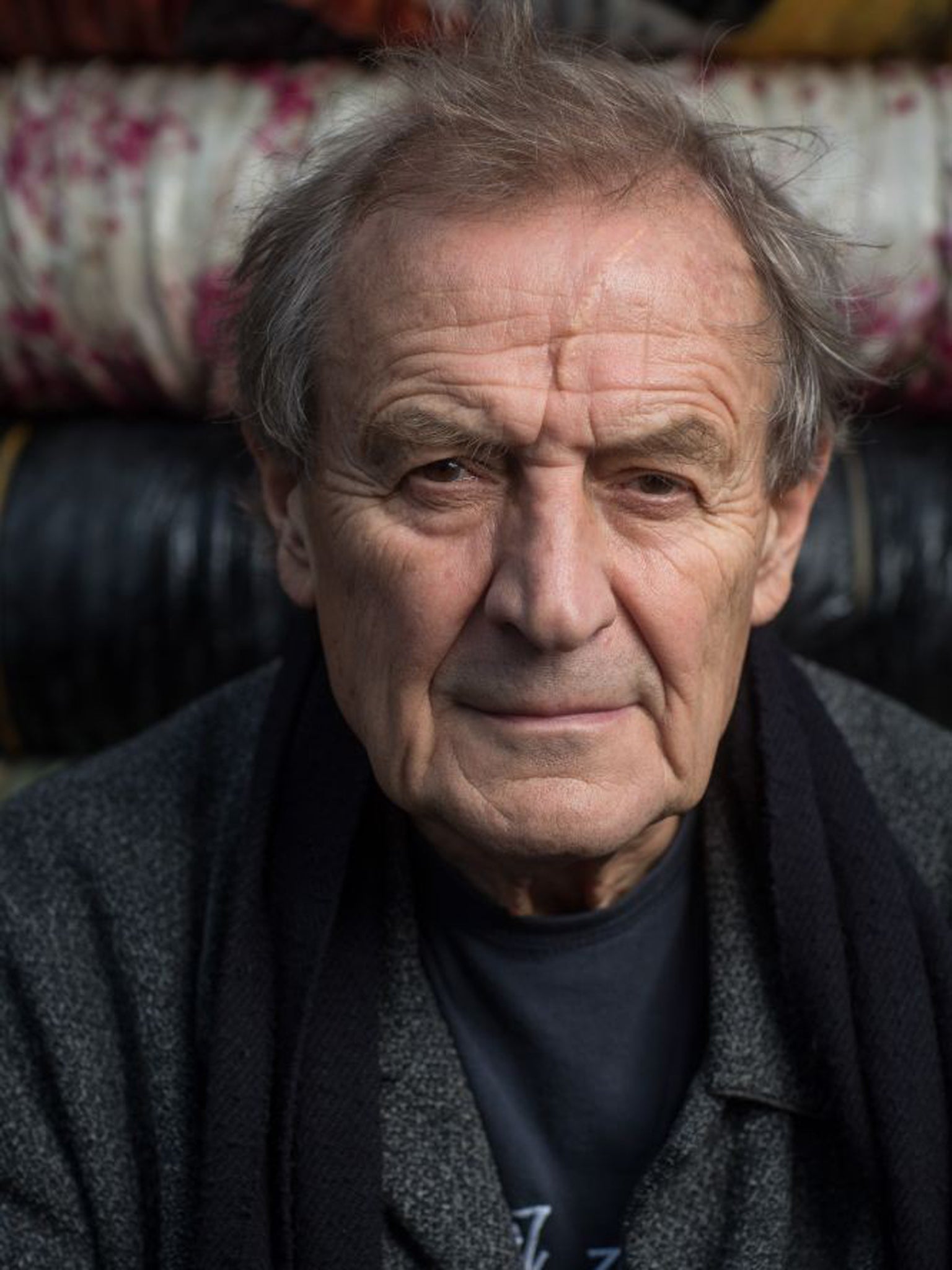Radio review: Tony Harrison's V - Words that still shock when they cease to offend

Your support helps us to tell the story
From reproductive rights to climate change to Big Tech, The Independent is on the ground when the story is developing. Whether it's investigating the financials of Elon Musk's pro-Trump PAC or producing our latest documentary, 'The A Word', which shines a light on the American women fighting for reproductive rights, we know how important it is to parse out the facts from the messaging.
At such a critical moment in US history, we need reporters on the ground. Your donation allows us to keep sending journalists to speak to both sides of the story.
The Independent is trusted by Americans across the entire political spectrum. And unlike many other quality news outlets, we choose not to lock Americans out of our reporting and analysis with paywalls. We believe quality journalism should be available to everyone, paid for by those who can afford it.
Your support makes all the difference.In a week when much moral outrage was expended over something that was published in the London Review of Books, it was tempting to ask – what's changed? Because for Hilary Mantel in 2013 you could – in a way – read Tony Harrison in 1985.
It was in the LRB that Harrison's incendiary poem "V" first appeared, triggering a sequence of events that, two years later, when Channel 4 broadcast the work, added up to one of the great causes célèbres of the day. And it was fascinatingly re-lived on Radio 4 last week in a programme that told the story behind the poem, culminating in a gripping new performance of it by Harrison himself.
In 1987 it was the plethora of obscenities that Harrison deployed in the poem – in particular the "c" word – that got people going. And while such language is these days much less shocking – or at least more familiar in the public arena – the urgency and relevance of Harrison's message is undiminished. In fact "V" now seems extraordinarily prophetic.
The "v" stand for "versus", and the poem's great over-arching theme is conflict. The poem took shape in Harrison's mind when he visited his parents' graves in a cemetery in the Beeston area of his native Leeds and found them vandalised. He channelled his anger and despair into an epic work of fierce realism that debates conflict on many levels – between individuals, communities, classes, football supporters, races.
In the half hour or so that led up to Harrison's reading of the poem we were in the safe hands of Blake Morrison, a writer with northern roots and just the right feel for the world Harrison was evoking. Morrison talked to a number of people whose lives were in some way touched by "V", eliciting from fellow northern poet Simon Armitage the observation that "you'd think the Antichrist had been unleashed".
The rebroadcast of "V" has, it must be said, passed off with rather less fuss being made. In that sense we do live in a different world. But the 25 minutes or so that it took Harrison to read "V" was still some of the most powerful radio that's likely to be aired this year.
Join our commenting forum
Join thought-provoking conversations, follow other Independent readers and see their replies
Comments